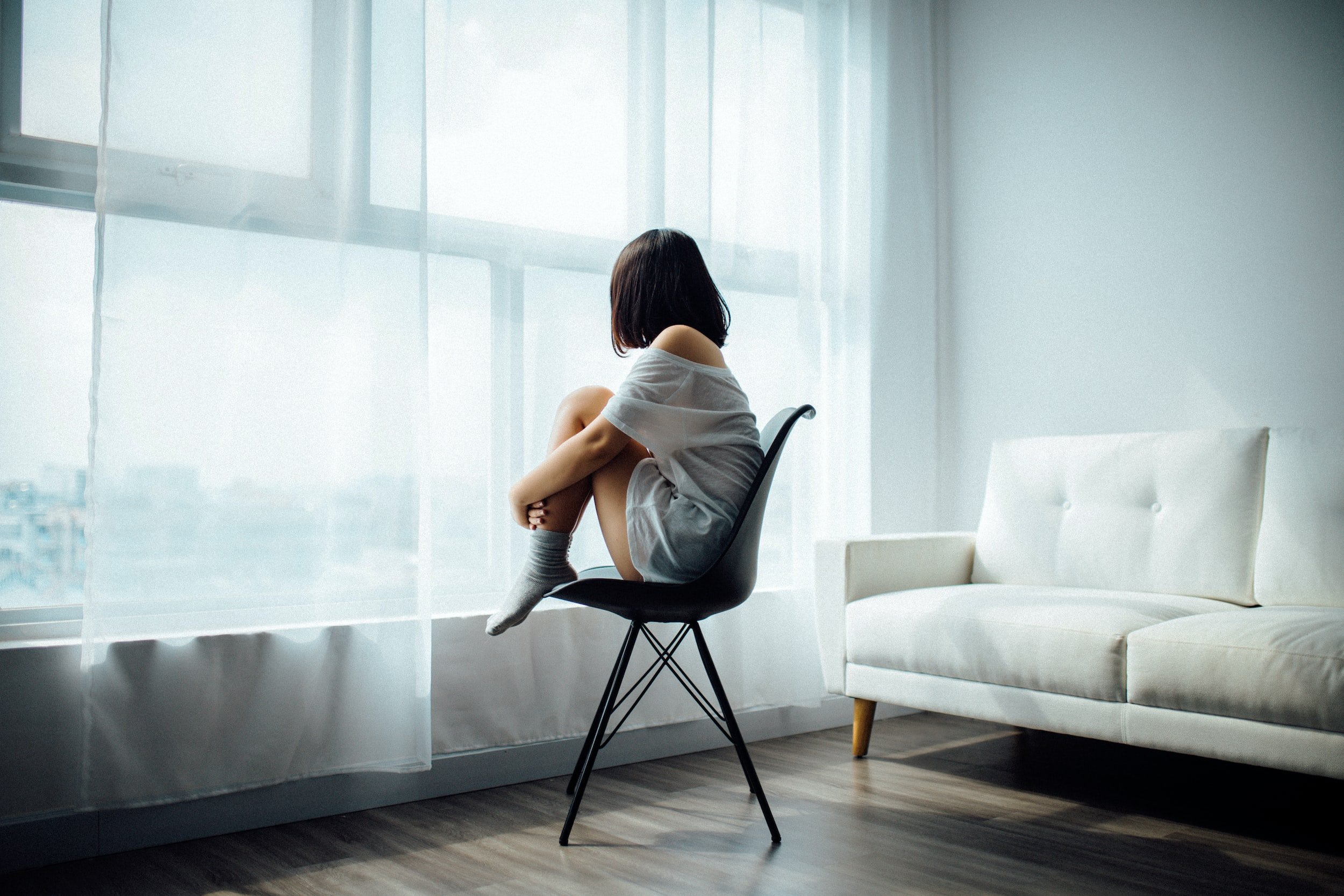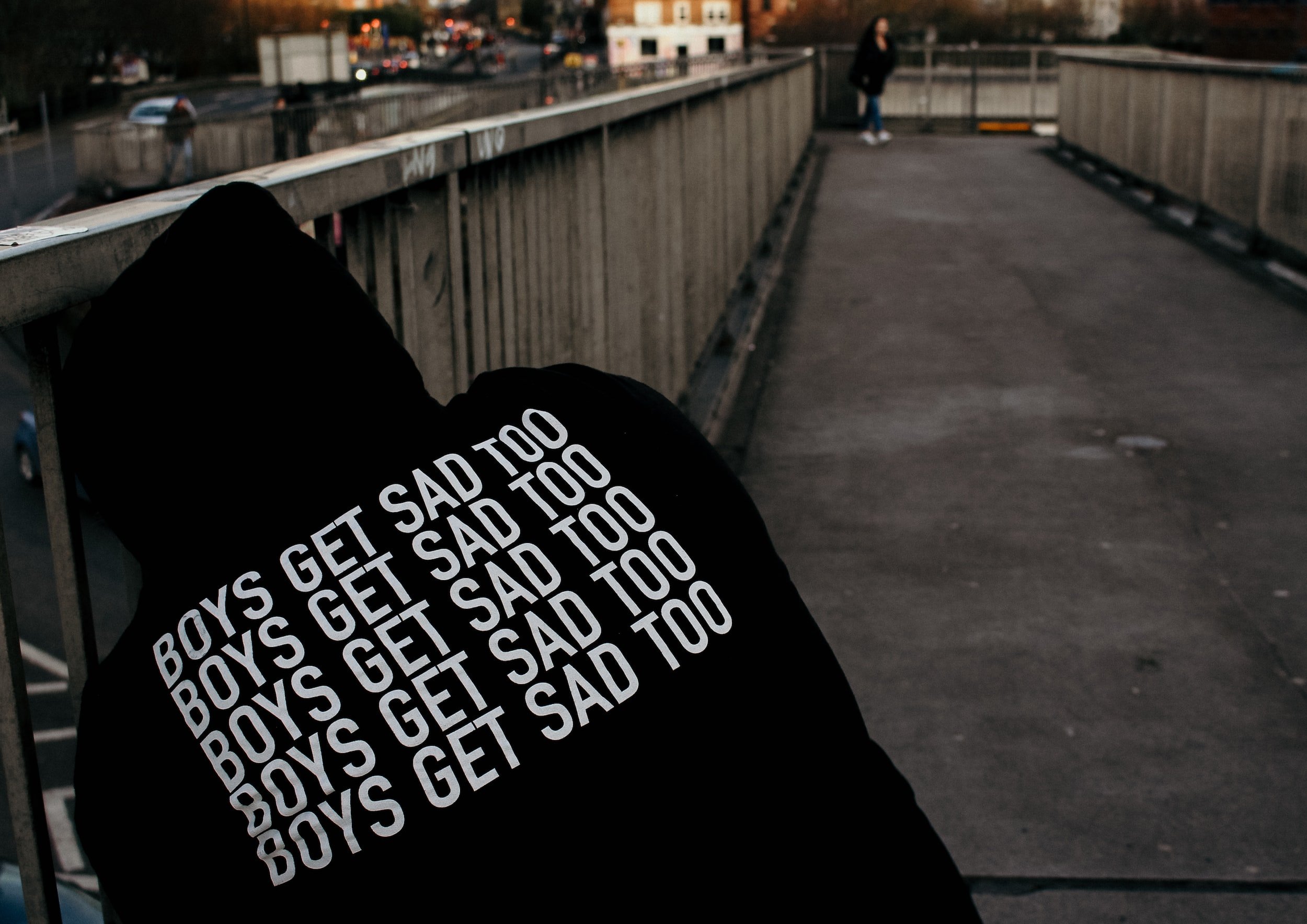Depression: Signs and Treatment
What is depression?
Depression is more than just feeling down for a few days—it's more than just feeling sad and lonely, though those things are a part of it. Depression is a mental health diagnosis that requires treatment and support from friends, family members, and medical professionals. It can be treated with medication and therapy; however, many people also benefit from self-care practices such as exercise and meditation.
What it's like to have depression?
Depression is like a dark cloud that follows you around, and you can't seem to escape.
You have a constant sense of foreboding and doom that never goes away. It's like this voice in your head tells you that you're worthless, unlovable, and a failure at everything you try to do, but no matter how intensely you try, you can't get rid of it.
It's like the world is spinning too fast, making your head feel like it will explode. It makes your heart race and your lungs ache as you struggle to keep up with the pace of life around you.
Everything is too much to handle, and you can't take another step without falling.
Like nothing ever goes right—even when it does.
Like being stuck in a box with no air, light, or way out.
When you're depressed, everything feels like a struggle. You want to get out of bed, but it's too much work. You want to go out and do something fun with your friends, but that sounds exhausting and overwhelming. You want things to be easier, but nothing seems possible anymore.
You might also feel like you're on an emotional roller coaster: one moment, you're feeling happy, and the next moment you're crying uncontrollably because it feels like things will never get better. It's hard to make any plans because you know how quickly your mood can change from one minute to the next. You feel hopeless and ashamed of yourself—but simultaneously, you don't have anyone else to blame.
The problem with depression is it's easy to ignore. And this is because it can be so hard to recognize. After all, there are no obvious physical symptoms of depression—no cold, fever, cough, or anything else. The only thing you can see is how your mood changes, which is often subtle and hard to pin down- This can be especially true when it’s become part of your daily experience.
And while some people have a more challenging time dealing with their depression than others, this makes people so scared of talking about their own experiences. Because they're worried that people will judge them as being "crazy" or "weird," and that means admitting that they're not okay with themselves—or worse yet, realizing that they don't want help getting better! So often, shame is involved in seeking and receiving help. When we are raised in a society and culture that tell us we should be able to do things on our own, or that we are sad because we are doing something incorrectly, or that we are weak if we seek help, it makes it incredibly hard to reach out. Reaching out for help requires a certain level of vulnerability that can feel worse for some of us than suffering alone with our depression.
It's important to remember that depression doesn't happen just because someone "wants" it or deserves it. Instead, it happens because there are changes in our brains (like increased levels of certain chemicals) that make us feel sad or anxious all the time; these chemicals aren't under our control, but they can be managed with treatment if we seek help from professionals who are trained in treating mental health issues like depression.
What Causes Depression
Many things can cause depression, such as:
Trauma
Abuse
Age
Medication
Conflict
Death or a loss
Genes
Major events
Other personal problems
Serious illnesses
Substance Misuse
Does it often occur with grief?
Grief is a natural response to loss, and it is common for people to experience feelings of sadness, despair, and hopelessness after experiencing a significant loss. However, it is essential to note that grief is a normal and natural process, and it is not the same as depression.
While it is common for people to experience some symptoms of depression after experiencing a loss, it is not uncommon for these symptoms to resolve independently as the individual works through their grief. However, in some cases, the symptoms of grief can persist and become more severe, eventually leading to a diagnosis of depression. Therefore, it is essential to seek the help of a mental health professional if you are experiencing persistent symptoms of depression following a loss, as treatment can help to alleviate these symptoms and improve your quality of life.
It is not uncommon for people to mistake the symptoms of depression for other conditions or to believe that they do not have depression because they do not fit the stereotype of what a person with depression is “supposed“ to be like. However, it is essential to remember that depression can affect anyone, regardless of age, gender, or background, and manifest in various ways.
Depression and Treatment
There are several treatment options available for depression, including:
Psychotherapy: Talking to a mental health professional about your thoughts and feelings can help you to understand your depression and develop coping strategies to manage it.
Medications: Antidepressant medications can help to balance the chemicals in the brain that are responsible for mood regulation.
Changes in lifestyle: Changing your diet, routine exercise, and sleep habits can help improve your mood and reduce symptoms of depression.
Alternative treatments: Some people find relief from depression through alternative therapies such as acupuncture, massage, or herbal supplements.
It is recommended that working with a mental health professional is essential to determine the best treatment plan for your specific needs. In some cases, a combination of treatment options may be recommended.
We are here for you! You don’t have to do this hard work alone. You deserve to get the help you need so you can live up to your entire life’s potential. So there is NO shame in reaching out for help. Yes, it does take a certain level of vulnerability (and courage!), which can be very hard for those who have been burnt and hurt, but it’s worth it! We are here to support you and help you find your voice and joy again, perhaps for the first time.




